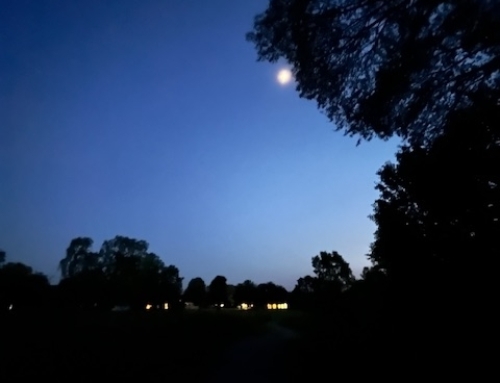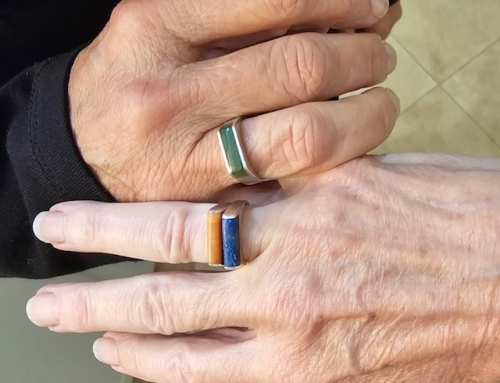
Good morning…
“I think we are all living in what Rohr calls liminal time,” she said to me at a backyard reception following the funeral. Intuitively I agreed, then I thought to myself, “I need to look up the definition of that word again.” Liminal.

Wikipedia shares this drawing and this detailed description: “In anthropology, liminality is the quality of ambiguity or disorientation that occurs in the middle stage of a rite of passage, when participants no longer hold their pre-ritual status but have not yet begun the transition to the status they will hold when the rite is complete.”
Researching further I learn more fascinating facts. The word “liminal” comes from the Latin root, limen, which means “threshold.” The liminal space is the “crossing over” space – a space where you have left something behind, yet you are not yet experiencing whatever comes next. Synonyms include inaudible, intangible, invisible. Unseen, unapparent, unnoticeable. Impalpable, imperceptible, indistinguishable. Liminal time is the la-la land of in-between, between what was and what eventually will be.
Drifting back to the original conversation, my mind wonders, “What does Richard Rohr say about liminal time?”
In his morning meditation for April 26, 2020, Rohr writes: “Liminal space is an inner state and sometimes an outer situation where we can begin to think and act in new ways. It is where we are betwixt and between, having left one room or stage of life but not yet entered the next. We usually enter liminal space when our former way of being is challenged or changed—perhaps when we lose a job or a loved one, during illness, at the birth of a child, or a major relocation. It is a graced time, but often does not feel “graced” in any way. In such space, we are not certain or in control. This global pandemic we now face is an example of an immense, collective liminal space.”
Deepening down he shares: “The very vulnerability and openness of liminal space allows room for something genuinely new to happen. We are empty and receptive—erased tablets waiting for new words. Liminal space is where we are most teachable, often because we are most humbled. Liminality keeps us in an ongoing state of shadowboxing instead of ego-confirmation, struggling with the hidden side of things, and calling so-called normalcy into creative question.”
My friend and Rohr seem to be pondering something very important. This global pandemic, our economic collapse, and the widening desire to protect the breath of all people, each has dropped us down into liminal time. Will we begin to think and act in new ways? As we are uncomfortably betwixt and between, will we patiently leave room for what’s better to slowly form fully? Vulnerable, receptive, empty, will we allow space for something genuinely new to happen? Please pray with me now that God’s greater will expands into this time, into this space.
Of Jesus it was said in the transformative Garden of Gethsemane: He withdrew (opened sacred space) about a stone’s throw beyond them, knelt down and prayed, “Father, if you are willing, take this cup from me; yet not my will, but yours be done.” An angel from heaven appeared to him and strengthened him (Luke 22:41-43, NIV).
In this liminal time and space between our own will and our Father’s will, may we, too, sense loving angels appearing to strengthen us.
…Sue…
P.S. To learn more about liminality, please visit a recent blog post written by my dear friend Martha Tate.





